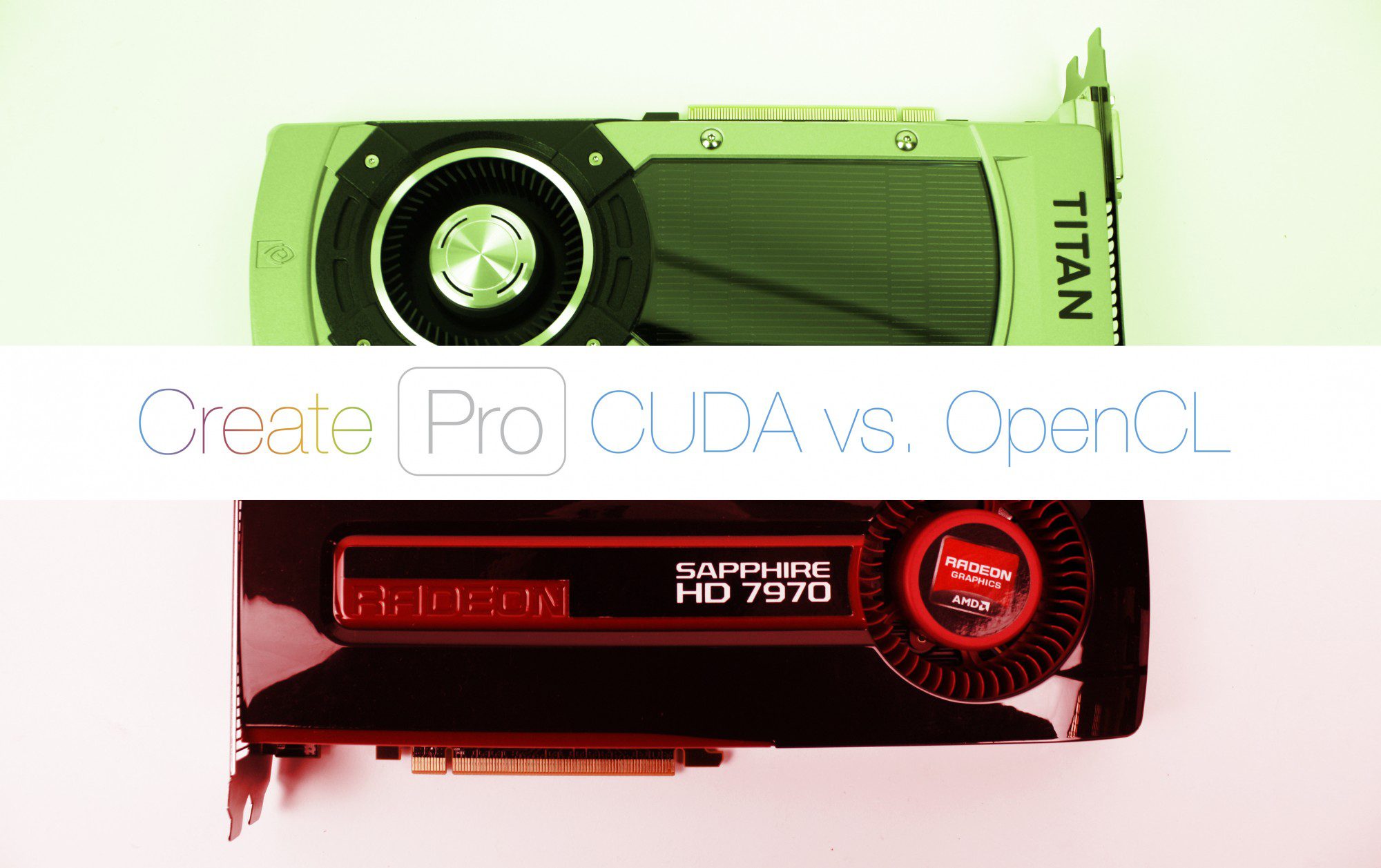Originally posted by Weasel
View Post
To the contrary of you fappers I need to get a job done (or play a game) NOW.
You can't even pull off your usual "money talks" card here buddy, considering that CodeWeavers is financially backing Wine, and Valve pours a lot of money into it. Looks like they also disagree with your shitty VM or "just play on Windows" idea.










 For Microsoft number 10 have no meaning other than to differenate it from existing 7, 8...
For Microsoft number 10 have no meaning other than to differenate it from existing 7, 8... 
Comment